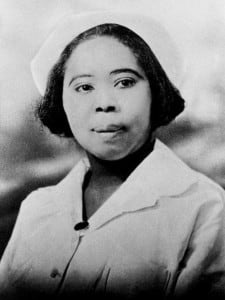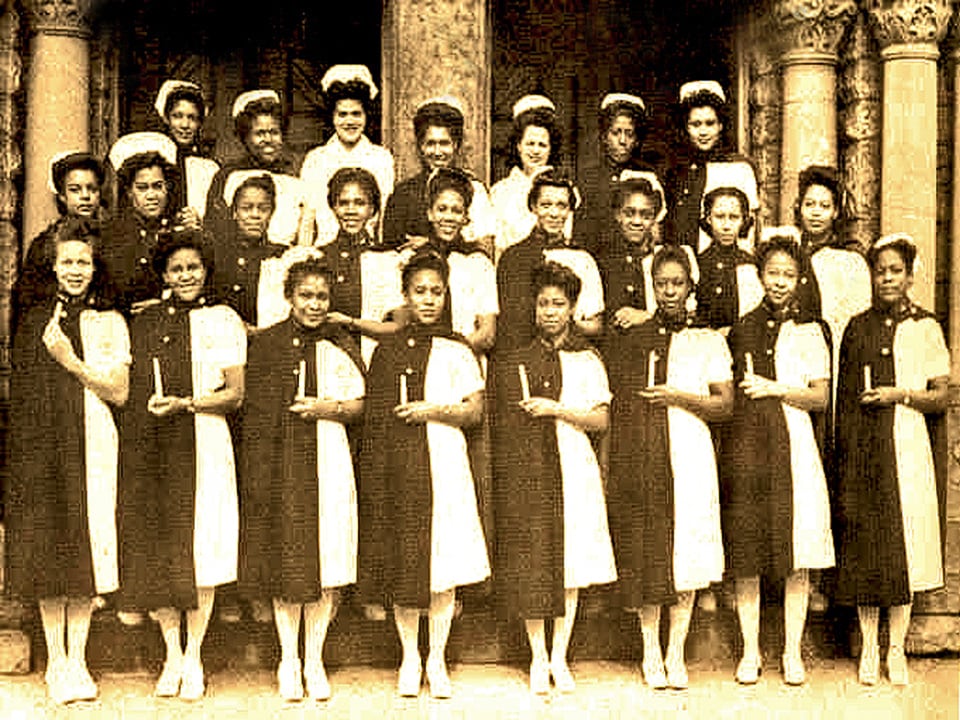Rising Above Jim Crow

Hulda Lytlle Frazier, Meharry Nursing class of 1913, would become the first Black female dean of an American nursing school.
In a world defined by Plessy v. Ferguson, the 1896 court decision that established the segregationist doctrine of “separate, but equal,” African Americans determined to care for their communities and build careers in the late 19th and 20th centuries faced daunting odds. Black nurses faced discrimination in hiring, salary, work assignments — nearly every aspect of their work.
The book’s primary editor, Iris Shannon, Ph.D., RN, noted that there were 4,534 hospitals in the United States by 1920, but only 200 of them were black hospitals. This led to shocking disparities in access to desperately needed medical care because hospitals in the North and South would continue to deny black patients treatment, on most occasions, until the 1960s. Nursing and medical schools (even government-owned institutions) were also largely segregated. Black nurses, for example, could not train at Tennessee State’s nursing school.
Meharry’s Medical and Nursing Schools and Meharry Hubbard Hospital survived the Flexner revolution, but that did not stop Tennessee’s State Medical Board from barring the nurse graduates of the class of 1913 from taking the state nursing exam. Protests led state officials to change their mind by 1914, but with prejudice.
Rather than being allowed to prepare for the exam in advance like white test takers, the nurses were called off their jobs by surprise, in the middle of a the afternoon, and given an exam on the spot.
That day, those three women, Hulda Lyttle Frazier, Rhoda Pugh and Lula Woolfold became the first black women to pass the Tennessee state nursing exam.
Exhibiting a commitment to care that could not be stopped by Jim Crow, Frazier explained how an early experience led her to nursing. “I was ill and they took me to Wilson Infirmary [one of Nashville’s black hospitals]. … I saw so much suffering … so many patients with no one to wait on them. I prayed to the Lord to let me get well and if I got well, I told Him I would dedicate myself to taking care of the sick and injured.”
After Meharry, Frazier continued her studies at Lincoln Hospital in New York, before returning to Meharry to teach, eventually becoming the dean of the nursing school and the first black female dean of an American Nursing School, as well as the president of National Association of Colored Graduate Nurses.








